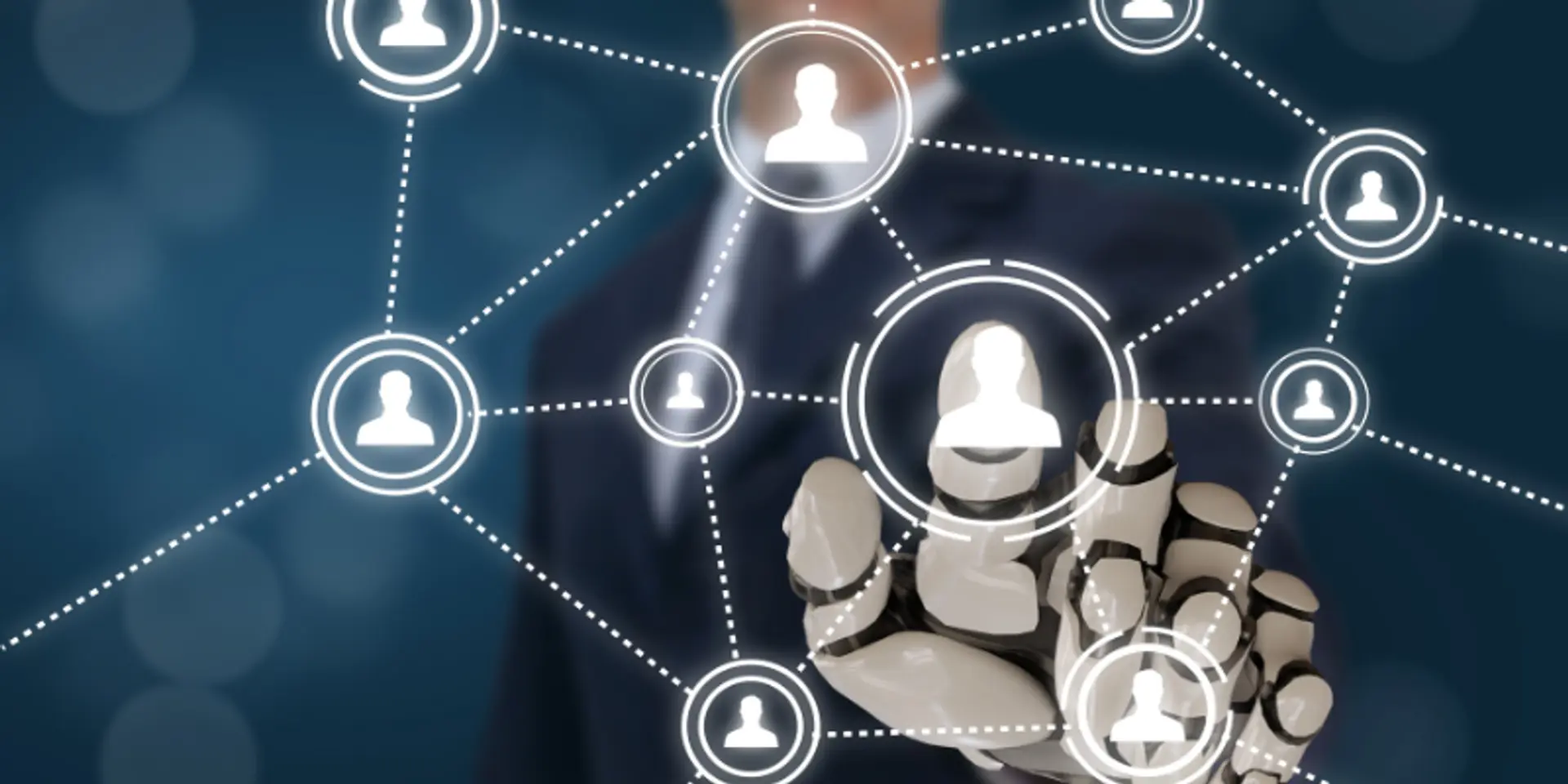Marketing has seen burgeoning innovation in recent times on the back of the booming use of the internet and social media for commerce. The next big thing to hit the market is revolutionary Artificial Intelligence (AI). Entrepreneurs all over the world are leveraging AI in operations wherever possible.
Sure, Machine Learning (ML) and AI have gone way ahead in proving how mundane manual tasks can be automated, but we cannot ignore the fact that a machine learns to compute the way it does only when it’s programmed with information fed in by a human.
Importance of humans in AI-dominated marketing
The dependency of marketers on AI is fueled like never before. They are turning to it to understand consumer behaviour which helps in personalising their marketing efforts by predicting the consumers’ reaction basis their previous consumer journey. AI will remain the buzzword for marketers to dive deeper, but by and large, humans and their unique skills will be prerequisites to help the AI tools to curate impactful automated marketing campaigns.
Let's talk about why humans are irreplaceable assets in the AI-driven marketing era and how humans can upskill themselves to use AI optimally for marketing success.
Why human are irreplaceable?
Humans can do the following to leverage the power of AI:
- Understand your need: AI is for assistance, and humans understand your needs and explain it to the AI to reap the maximum results. Generative AI brings out complex, customised, and compelling marketing campaign outputs instantly, given its vast data library composed of human language and artistic styles. Guess what! Humans help AI to create this library!
- Empathise with your consumers: Instead of treating customers as a mere number on the database, humans can empathize with them. Humans have the innate ability to understand customer challenges and the solutions they desire. AI is good at tracking human behaviour but it cannot meet human conversations in real time.
Online reviews, surveys, and chatbots can provide you with information during off-work hours, but the real conversion happens when a human makes an effort to interact with the customers. It is when humans feed the AI tools with granular customer data, the AI tool is empowered to solve customer problems.
- Observe more than just analytics: While AI is bound to infer only the provided data to suggest a possible solution to the problem, with humans it’s much more. When humans interact with customers, they observe them, and discover their unmet needs, which are usually not caught on by the AI.
- Innovate for increased brand recognition: Humans are the touchpoints for repeat customers and are responsible for providing an excellent customer experience that translates into word-of-mouth publicity. They can personalize your service according to the diverse needs of each customer, which AI cannot. But together both humans and AI can innovate to make things better for consumers and businesses.
How humans can upskill to leverage AI
If you want to scale up your business and reach newer markets, AI tools can help you devise a data-backed high-impact marketing strategy only when your team is trained to ask the right questions or generate relevant prompts. With a deep understanding of the target audience, humans can use AI tools optimally to create compelling automated yet personalized marketing programs.
· Understand AI’s capabilities: Start with a foundational understanding of AI technologies, including Machine Learning, Natural Language Processing, and computer vision. Dive into understanding potential applications of AI in marketing, such as customer segmentation, personalized recommendations, predictive analytics, and automated content generation.
By understanding AI's capabilities, you can leverage machine learning algorithms to analyze customer data and develop personalized product recommendations, leading to increased conversion rates and customer satisfaction.
· Identify marketing use cases for AI: Explore the areas of marketing where AI can impact significantly, such as automating mundane tasks, improving data analysis, enhancing customer experience, optimizing ad targeting, and generating actionable insights from large datasets.
For example, for social media marketing, with the help of AI-powered sentiment analysis tools, you can monitor and analyze social media conversations related to your clients' brands in real-time. This allows you to quickly identify positive or negative sentiments, gauge brand perception, and respond promptly to customer feedback.
· Stay updated about AI trends and tools: Keep yourself updated with the latest advancements in AI technologies and marketing applications. Follow industry blogs, attend webinars, participate in relevant online courses, and join communities where thought leaders and professionals discuss AI and marketing.
On these forums, you can explore emerging tools like automated chatbots that use natural language processing to engage with customers, answer their queries, and provide personalized recommendations, thereby improving customer service and lead generation.
· Acquire data analysis and AI skills: Develop your analytical skills to effectively interpret and leverage data in conjunction with AI. Familiarise yourself with data analysis techniques, statistical concepts, and tools like Python, R, or data visualization platforms.
Additionally, learn how to work with AI frameworks and libraries to build and deploy AI models. If you are a marketing analyst, you can upskill yourself by learning how to use AI algorithms for customer segmentation. By applying clustering algorithms to customer data, you can identify distinct groups with similar characteristics, enabling targeted marketing campaigns and tailored messaging.
To sum it up, humans remain an inevitable touchpoint that can understand consumer behaviour with empathy which will only help AI-driven marketing strategies to be increasingly humane. But to unleash the true power of AI in marketing, humans need to embrace AI technology, adapt to it, and upskill themselves.
Arif Kazi is the Founder and Managing Director of Dust Value.
(Disclaimer: The views and opinions expressed in this article are those of the author and do not necessarily reflect the views of YourStory.)







